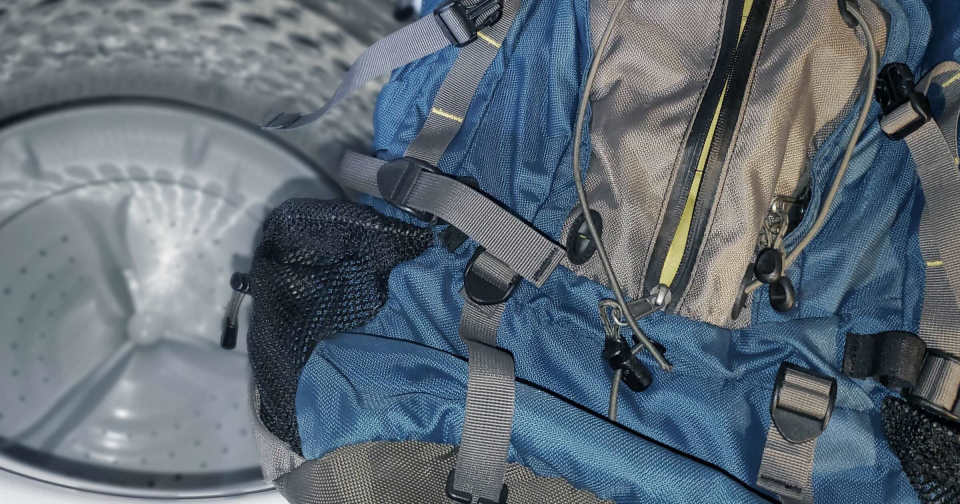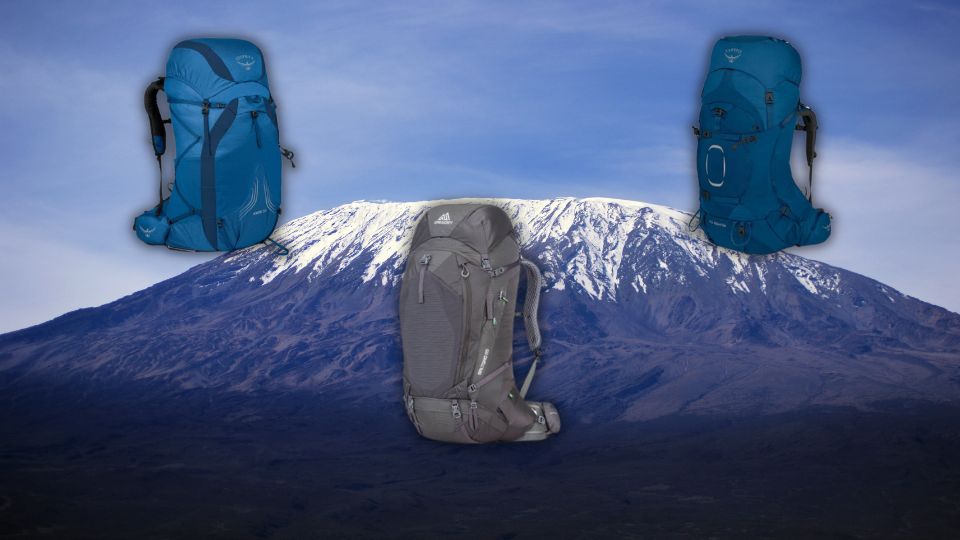If you’re pregnant or have recently given birth, you may be wondering if you can still enjoy your favorite winter sport: skiing! The good news is that many women are able to ski safely during pregnancy and after giving birth. However, there are some important considerations to keep in mind. We’ll explore whether it’s safe to ski while pregnant, how soon after giving birth you can hit the slopes, and what other snow activities are safe for pregnancy. We’ll also discuss which sports to avoid during pregnancy to keep you and your baby healthy. Whether you’re an avid skier or just enjoy the occasional snowball fight, read on to learn how to stay safe and have fun in the snow while pregnant.

Introduction

It’s common for pregnant women to be concerned about the kinds of activities they can engage in while they’re expecting. Skiing is an activity that many people enjoy during the winter months, but is it safe to ski when you’re pregnant? The answer, as with many pregnancy-related questions, depends on a variety of factors including your health, how far along you are in your pregnancy, and the conditions on the slopes.
First, it’s important to consider your own health and how your pregnancy is progressing. Skiing can be a physically demanding activity, so if you have any complications with your pregnancy, it’s best to avoid it altogether. Additionally, if you experience any discomfort or pain while skiing, you should stop immediately and check in with your healthcare provider.
- However, if you are a seasoned skier with a healthy pregnancy and you feel comfortable on the slopes, skiing can be a great way to stay active during pregnancy.
- It’s important to note, however, that you should avoid situations that could increase your risk of falling or injury. This includes skiing on difficult terrain, skiing at high speeds, or skiing in icy conditions.

Another consideration is the altitude and air quality at high elevations. Pregnant women may experience shortness of breath or nausea when exposed to high altitudes, so it’s important to take it easy and take breaks often. Additionally, the cold and dry air can be harsh on the respiratory system, so make sure to stay hydrated and wear a mask if needed.
| Pros | Cons |
|---|---|
| Staying active during pregnancy | Risk of falling/injury |
| Enjoying the outdoors | Exposure to high altitude/cold air |
| Increased circulation and endorphin release | Physically demanding |
How Soon After Having a Baby Can You Ski?

Having a baby is a life-changing experience! And skiing is one such activity that requires you to be at your physical best to enjoy it to the fullest. So, when can you get back to skiing? Is it advisable to ski too soon after childbirth? Here’s a brief on how and when can you ski after having a baby.
The timeline for resuming skiing postpartum can vary from person to person. Before you jump right into skiing, it is important to understand that your body has gone through a lot during childbirth and needs appropriate time to recover. Most doctors suggest waiting for at least 6 to 8 weeks after normal delivery and 10 to 12 weeks after a C-section before participating in any physical activity.

Once you get green light from your doctor, getting back to skiing after childbirth may require some extra precautions. It is important to understand that skiing involves twisting, turning, and quick movements, which could put undue strain on your abdominal muscles. Start with a gentle warm-up, and pace your skiing activity according to your body’s comfort levels. Don’t ski for long hours, and listen to your body’s signals to avoid any unwanted damage or injury.
- Stick to easier slopes: It is recommended that you stick to less challenging slopes, where the chances of accidents or injuries are minimal.
- Wear proper gear: Wear proper ski shoes, clothing, and other equipment to keep yourself warm and protected from external injuries.
- Stay hydrated: Keep yourself well hydrated during skiing to maintain energy levels and avoid any chances of dehydration.
Remember, your body has undergone a lot, and postpartum skiing can be a very different experience than what you are used to. So, it is your responsibility to know your body’s limitations and take appropriate rest intervals when needed. Always seek advice from your doctor before you plan on skiing postpartum.
Can You Ski in First Trimester?

The first trimester of pregnancy is a crucial time when the baby is just starting to develop, and it is normal for pregnant women to be cautious with their daily activities. If you are passionate about skiing, you might be wondering if it is safe to go skiing in the first trimester.
First and foremost, skiing is a high-intensity activity that requires physical effort and balance, making it a risky sport during pregnancy. As a pregnant woman, your body undergoes several changes such as hormonal imbalances, weight gain, and a shift in the center of gravity. These changes can put a pregnant woman at higher risk of falls or collisions, both of which can be detrimental to the baby’s health.
Moreover, skiing in the first trimester is especially risky because the placenta is not yet fully formed, and your baby is still developing. Any hard impact to the abdomen could potentially harm the baby, and this risk increases during the early stages of pregnancy. Additionally, first-time mothers often face anxiety, which can cause adverse effects such as dehydration, increased heart rate, and a higher risk of miscarriage.
Is It Safe to Go to the Snow While Pregnant?

For pregnant women, keeping themselves active and healthy is crucial for their own well-being and that of the baby. Activities like low-impact exercise, yoga, and walking are generally considered safe during pregnancy, but what about winter activities like visiting the snow? Many expectant mothers wonder if it’s safe to go to the snow while pregnant. The truth is, there are a few things to consider before hitting the slopes during pregnancy.
Firstly, it’s essential to talk to your healthcare provider before embarking on any physical activity during pregnancy. The reason is that some pregnancies are high-risk, and your doctor will advise you on whether or not it’s safe for you to go to the snow. Secondly, the weather conditions can pose a risk, particularly for women with a history of complications or those approaching their due date. Winter weather can be harsh, and the cold temperature can cause hypothermia, which can have serious health consequences for both mother and baby.

- One of the safest ways to enjoy winter weather during pregnancy is to take brisk walks in the snow, dressed warmly in layers that you can remove as you heat up.
- If you are an avid skier or snowboarder, talk to your doctor and get the go-ahead before hitting the slopes. Avoid skiing at high altitudes, and take it easy if you’re not feeling up to it.
- Cross-country skiing or snowshoeing can be a great way to stay active during pregnancy. It’s a low-impact activity that can help you maintain fitness and cardiovascular health without putting too much strain on your joints.
It’s essential to avoid any high-impact winter activities that could lead to falls or injuries, such as ice skating or sledding. Additionally, strenuous activities like snowmobiling or snowboarding in the first trimester should be avoided as they can cause abdominal trauma, which could be dangerous for the growing baby.
| Safe winter activities for pregnancy | Avoid during pregnancy |
|---|---|
| Cross-country skiing | Ice skating |
| Snowshoeing | Snowboarding (especially in the first trimester) |
| Hiking in the snow | Skiing at high altitudes |
What Snow Activities Are Safe for Pregnancy?

Winter is a wonderful time to enjoy the outdoors with fun activities such as skiing, snowmobiling, ice skating, and snowshoeing. If you are pregnant, you may be wondering if it’s safe to participate in these fun winter sports. The good news is that there are plenty of snow activities that are safe for pregnancy. Nevertheless, you should always consult with your doctor before engaging in any physical activity.
- Skiing – skiing can be safe during pregnancy, but it’s recommended to stick to gentle slopes and avoid aggressive skiing. You may want to avoid skiing in the third trimester as balance and coordination can be affected.
- Snowshoeing – snowshoeing is a low-impact winter activity that can be enjoyed throughout pregnancy. Just be sure to wear proper footwear and dress in warm layers.
- Ice skating – ice skating is generally safe during pregnancy as long as you avoid jumping or spinning, which could put you at risk of falling.
It’s important to remember that each pregnancy is unique, and what works for one woman may not work for another. It’s crucial to listen to your body and stop any activity that causes discomfort or pain. Additionally, it’s recommended to stay well-hydrated and take frequent breaks to rest.
| What to Avoid | Why |
|---|---|
| Downhill skiing in advanced stage of pregnancy | Risk of falling and physical strain |
| Snowmobiling | The vibrations from snowmobiles could be harmful to the developing baby |
| Sledding or tubing | Risk of falls or collisions with objects |
What Sports Should Be Avoided During Pregnancy?

When it comes to sports and pregnancy, it is important to be cautious and aware of the potential risks. While exercise during pregnancy can be beneficial, certain sports should be avoided to minimize the chances of injury or negative health effects.
High-contact sports such as boxing, football, and hockey should be avoided during pregnancy. These sports increase the risk of falls, collisions, and other types of impact that can harm both the mother and the baby. Similarly, sports that involve jumping or sudden changes in direction such as basketball, volleyball, and soccer should be avoided in later stages of pregnancy as they increase the risk of pelvic injuries and preterm labor.

- Gymnastics and martial arts should also be avoided due to the high risk of falls and blows to the abdomen.
- Scuba diving is not recommended during pregnancy as it increases the risk of decompression sickness and fetal abnormalities.
It is important to note that even certain low-impact sports should be avoided during pregnancy. For example, horseback riding poses a risk of falling and can cause blunt force trauma. Additionally, skiing, while generally safe in early pregnancy, should be avoided later on due to the risk of falls and collisions.
| Sports to Avoid During Pregnancy: | Sports Safe for Pregnancy: |
|---|---|
| Boxing | Walking |
| Football | Swimming |
| Hockey | Yoga |
| Basketball | Prenatal aerobics |
| Volleyball | Stationary biking |
Overall, it is crucial to listen to your body during pregnancy and make modifications to your exercise routine as necessary. Consult with your healthcare provider before starting or continuing any exercise program during pregnancy to ensure the safety of both you and your baby.




